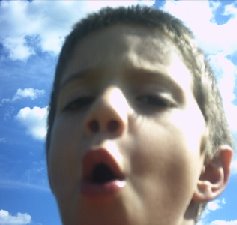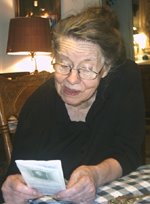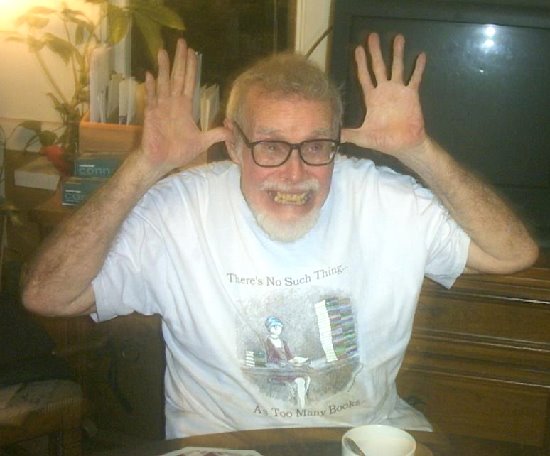
Now I have retired, not just for the evening but from my most recent full-time involvement in the work force at the University of Alabama in Huntsville. It was a decision made in February 2016, and as the date of release, May 1, came closer there was a feeling of impatience: soon I could stop doing all these by-now boring things for other people! But there was also a feeling of dread: would I feel like a useful human being? Was that important?
My 66th birthday occurred just before retirement, so I was eligible for close-to-maximum Social Security benefits. I also have a pension. Of course, as an hourly, not salaried, staff assistant in the art department, I wasn't making big bucks, and I'm not making them now. I have to watch my spending. There won't be any trips to Europe or even Alabama beach weekends, unless I diligently save for months. But there's enough for occasional fancy olives or local craft beer.
My job was the best (and longest) I'd ever had during my varied career. I carried a lot of keys. I was “in charge” of many things. People came to me for help and advice. My ego benefited from this. I was the “go-to” person for everything from getting an I.D.card activated for lab access, to contacting people outside the university for exhibit space or publicity. I had developed habits of responding and feeling that seemed to be “who I was.” But now I know that they were just habits, and possibly, coping mechanisms.
I always knew, deep down, that being super-responsible and available to everyone for more hours than I was paid was not always healthy. I threw myself into it. And I was able to do that because it was not my enterprise. In other words, I have been the kind of person who finds it easier to believe in the causes of others than in my own causes, whatever they might be. And although I'm capable of great selfishness, the expression of it has often been accidental or desperate rather than intentional and rational.
The first thing I discovered, not having to be at work every day, was that I could slow down. Activities that seemed a nuisance when done in haste became pleasurable when done slowly. Doing the dishes. Changing the sheets. Cooking a meal. Completing my morning exercise routine. These ordinary tasks took on a charm they hadn't had before. Perhaps it will wear off, but now I know it's a possibility.
The occasional bout of insomnia, once alarming because of how it interfered with my effectiveness the next day, is now an exploration of my own thoughts: I travel through time and visit many places, review memories and emotions, even chase a creative idea or two, knowing I can sleep late if necessary. This sometimes hours-long mental meandering is not always a source of pleasure, but at least it no longer causes panic.
I am more available to friends. I am happier when they call. There had been so many times when I experienced their invitations or communications as interference with “work.” Now I can pay more attention, be kinder, agree to meet for coffee or lunch or a drink, appreciate knowing them, and experience their unique qualities. This new openness of mine reminds me of when I was a hippie, before work slowly took over my life. Being a “people person” for work was not as sweet or sincere or rewarding as the years went by. I had no choice of which people, and the role was necessary all day long, which was exhausting. Now I can choose.
Finally, after some subtle sparring (my husband is self-employed and is at home a lot) with both of us feeling observed and perhaps assessed by the other, we realized that neither of us is always going to do what's silently expected or even out-loud asked. Rooms aren't going to get organized immediately, the way I pictured they would. Home improvements will be incremental, and maybe never happen. And it's not the end of the world. Instead of worrying about all that, I've agreed to rent half a room in the house of a friend, and will go there in the afternoons with some materials and my video camera to start working on a short Ken Burns-style film about my mother. There's an October deadline for a festival. I know what I'm doing from having taken a couple of courses, and I'm looking forward to the mind-trip that the process will afford me.
I now suspect that I might be old enough and mature enough, and possibly flexible enough, and perhaps capable of supporting my own causes enough, that it was truly “Time to retire!”






